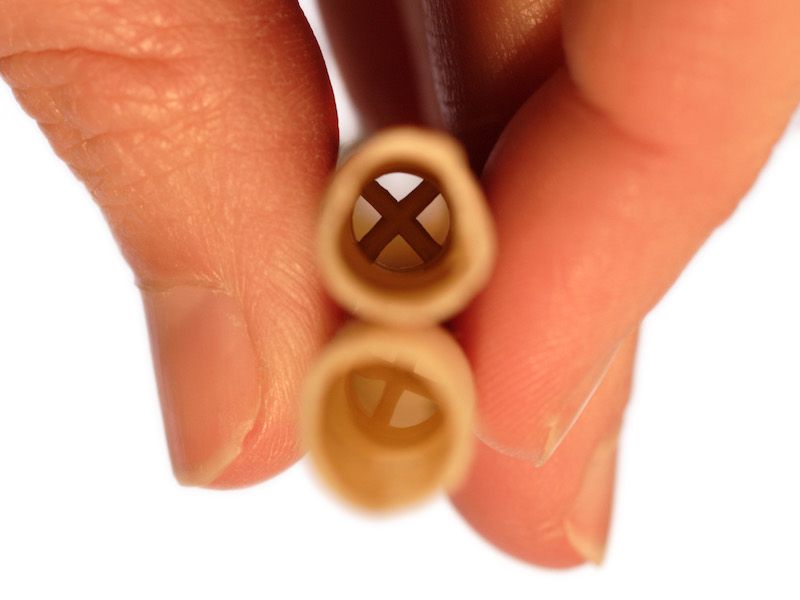
There’s a lingering idea in some circles that a practice known as “ear candling” is a good way to reduce your earwax. Does ear candling work and what is it?
Earwax Candles, do They Work?
Spoiler alert: No. They definitely don’t work.
Why then, does this piece of pseudo-science keep finding its way into the heads of otherwise logical human beings? That’s a difficult question to answer. But although the sensible decision is pretty clear, knowing more about the dangers of earwax candling will help us make an informed choice.
Earwax Candling, What is it?
So the basic setup goes like this: Maybe you’re not sure how to eradicate all your accumulated earwax. You’ve read that it’s dangerous to use cotton swabs to clean your earwax out. So, after doing some research, you find a method known as earwax candling.
Here’s how earwax candling purportedly works: You create a pressure differential by putting the candle into your ear, wick side out. This pressure differential then sucks the wax out. Theoretically, the pressure difference is enough to break up any wax that may be log-jamming in your ear. But cleaning your ears this way can be dangerous.
Why Doesn’t Ear Candling Work?
This practice has a few problems, including the fact that the physics simply don’t work. It would require a significant amount of pressure to move earwax around and a candle just isn’t capable of producing that amount of pressure. Second, producing that kind of pressure differential would require some sort of seal, which doesn’t happen during candling.
Now, the candles that they use in these “procedures” are supposed to be special. When you’re finished with your fifteen minutes of ear candling, you can break up the candle and, in the middle, see all bacteria, debris, and wax that was in your ear. But the problem is you can find this same material in new unburned candles also. So this “validation” is actually nonsense.
Scientific analysis has never been able to prove any benefit associated with earwax candling.
So we Know Ear Candling Doesn’t Work But is it Dangerous?
So, you might as well give it a shot, right? Well, you’re looking for trouble whenever you get a hot candle around your ears. Look, it’s quite possible that you may try ear candling and walk away completely unharmed. Lots of people do. But that doesn’t mean there aren’t hazards involved, and it certainly doesn’t mean that ear candling is safe.
The negative impacts of ear candling can include:
- Candle wax can also clog up your ear canal after it cools down. This can cause temporary hearing loss or, in the most extreme cases, call for surgery.
- Any time you’re mucking about with an open flame, there’s a chance that you might trigger significant injury and put your life in danger. You wouldn’t want to burn down your house, would you? It’s not worth the risk to attempt this ineffective technique of wax elimination.
- Your ear can be severely burned. When melted candle wax goes into your ear, it can result in serious hearing issues and burns. This could permanently damage your hearing in the most severe cases.
You Don’t Require a Candle to Keep Your Ears Clean
Most people will never actually have to be concerned about cleaning earwax from their ears. That’s because the human ear is basically a self cleaning system. Nevertheless, there are a few people who will have uncommonly heavy earwax production or accumulation to contend with.
If it turns out that you have excessive earwax there are methods that have been proven to work safely. For example, you could use a fluid wash. Another solution would be to consult a hearing care professional for an earwax cleaning.
Cotton swabs are definitely not the way to go. And open flames are not ok either. Earwax candling doesn’t work, and it can create dangers that will put your comfort and your hearing in considerable jeopardy. Try burning candles for their sent or for enjoyment but never as a method to clean your ears.